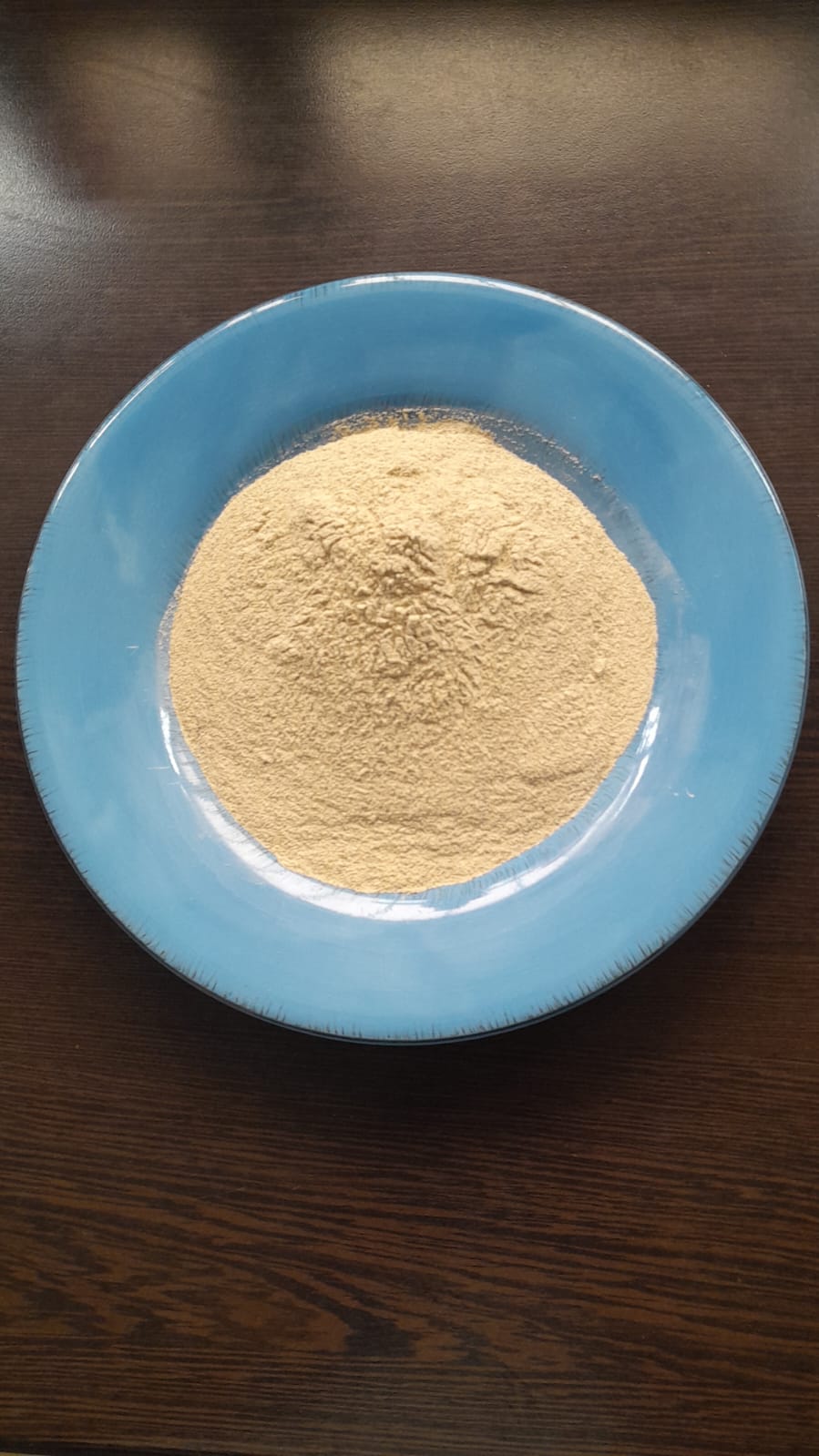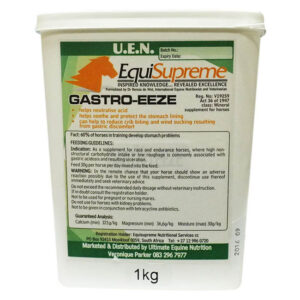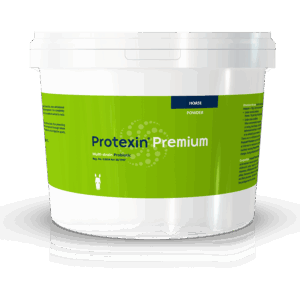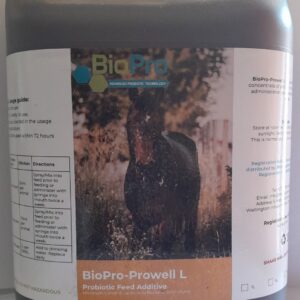Description
Happy Gut contains:-
• Pectin;
• Selenium;
• Vitamin E;
• Brewer’s Yeast;
• Lecithin;
• Peppermint;
• Bentonite-montmorillonite;
• Calcium Carbonate;
• Vegetable Oil;
• Sodium Bicarbonate;
• Magnesium Oxide
PECTIN
• Supports the healing process of irritated mucosa and forms a protective layer.
• Has positive effects on diseases caused by metabolic disorders (EMS, EMC).
• Regulates digestion in a natural way.
• Increase in viscosity.
• Prebiotic action
• Ideal for horses that are on any type of pain medication, particularly NSAIDs such as
phenylbutazone (bute), Flunixin (banamine), or long term usage of Firocoxib (Equioxx or
Previcox).
• Beneficial in preventing the ulcers that can develop from external stressors such as
isolation, travel, showing, or the demands of training.
PEPPERMINT
• One of the main herbs for digestion.
• Helps to relax sphincters and the smooth muscles of the digestive system, assist in the
expulsion of intestinal gas, tone mucous membrane surfaces and increase peristalsis.
• Contains a bitter quality that increases bile secretion and helps stimulate the appetite
as well as tannins, which can help with horses who suffer from loose droppings or bouts
of diarrhea.
BREWER’S YEAST (Saccharomyces cerevisiae)
• Probiotic properties
• Shifts in microbial population numbers and species
• Increase in fibre digestibility
• Changes in amino acid content of digestive process presented for absorption
• Rich natural source of the B Group Vitamins B1 to B12
• Changes in microbial protein and amino acids in equine large intestine
• Yeast can provide a benefit in horse diets by improving feed digestion and nitrogen
retention.
• Increased fibre digestion and better feed efficiency are the most common benefits of yeast
supplementation.
LECITHIN
• Protects every cell membrane in the body, allowing the passage of life-sustaining
nutrients in and out of the cells.
• Forms a barrier to help prevent stomach acid from damaging the underlying epithelium.
• Consists of essential fatty acids (both omega 3 and omega 6) along with a molecule of
choline (an essential B vitamin-like nutrient).
SODIUM BICARBONATE
• Used as an antacid, and to replenish electrolytes.
• Prevents “acidosis,” related to high grain intake.
• Treats metabolic acidosis associated with colic in horses.
MIA-BOND TROPHY – DETOXIFICATION OF MYCOTOXINS (Bentonite-montmorillonite, Calcium Carbonate & Vegetable Oil)
• Eliminates toxins found in feed and teff and other forms of food that requires storage –
mold being one of the main culprits
SELENIUM & VITAMIN E
• Powerful antioxidant; immune booster, respiratory aid, and more.
• Decreases and removes the formation of lipid peroxides.
MAGNESIUM OXIDE
• Regulates and activates over 325 enzymes in the body to assist with metabolism of
carbohydrates and amino acids which lead to protein synthesis.
• Assists the body in absorbing calcium
• Assists in relaxation or release of the muscles.
Daily Dosages:-
* Horses: 30g (40ml) daily
* Ponies: 15g (20ml) daily
* For fecal water syndrome/diarrhea – you will feed the appropriate dose twice a day (by the
4th day the manure will start forming the normal texture)
Disclaimer: The information in this article in not intended to replace a one-on-one relationship with a qualified health care professional and is not intended as medical advice. It is intended as a sharing of knowledge and information. We encourage you to make your own health care decision for your horse based upon your own research and in partnership with a qualified veterinarian.






Reviews
There are no reviews yet.